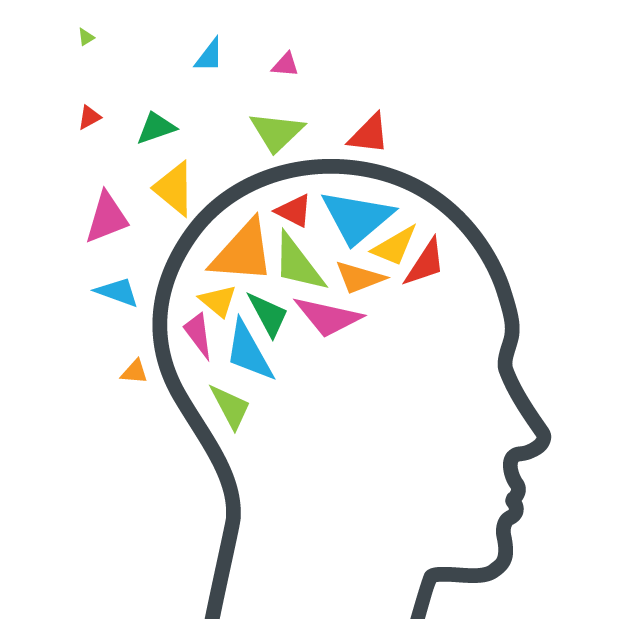About school mental health literacy
Approximately 1 in 5 youth worldwide will experience a mental illness before they turn 25. Many will experience significant and substantial life challenges that may require help. New life challenges and opportunities require skills for successful adaptation and the building of resilience.
This makes adolescence a critical time for mental health promotion, prevention, early identification, and intervention. Not addressing these issues early and effectively may lead to negative short and long term outcomes. Evidence-based mental health literacy is a scientifically-established effective foundation for all mental health improvements.
Schools are the ideal place to address mental health literacy as most youth attend school and the average teen spends over thirty hours per week in the classroom. The resources on this website are based on the best available evidence to help educators address youth mental health in a freely accessible and effective way.
School mental health literacy has four unique but integrated components:
Understanding how to optimize and maintain good mental health,
Understanding mental disorders and their treatments,
Deceasing stigma, and
Increasing health-seeking efficacy.
Find out more about mental health literacy.
Learn more about the Mental Health Literacy Curriculum Guide.

